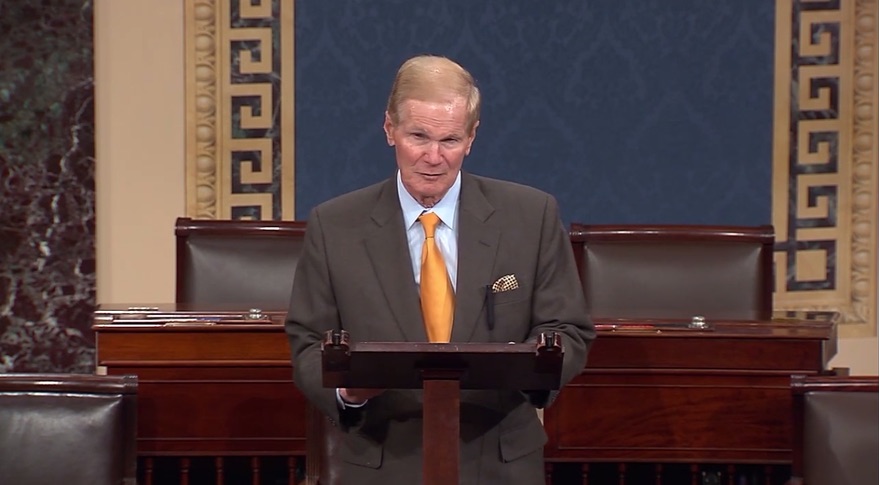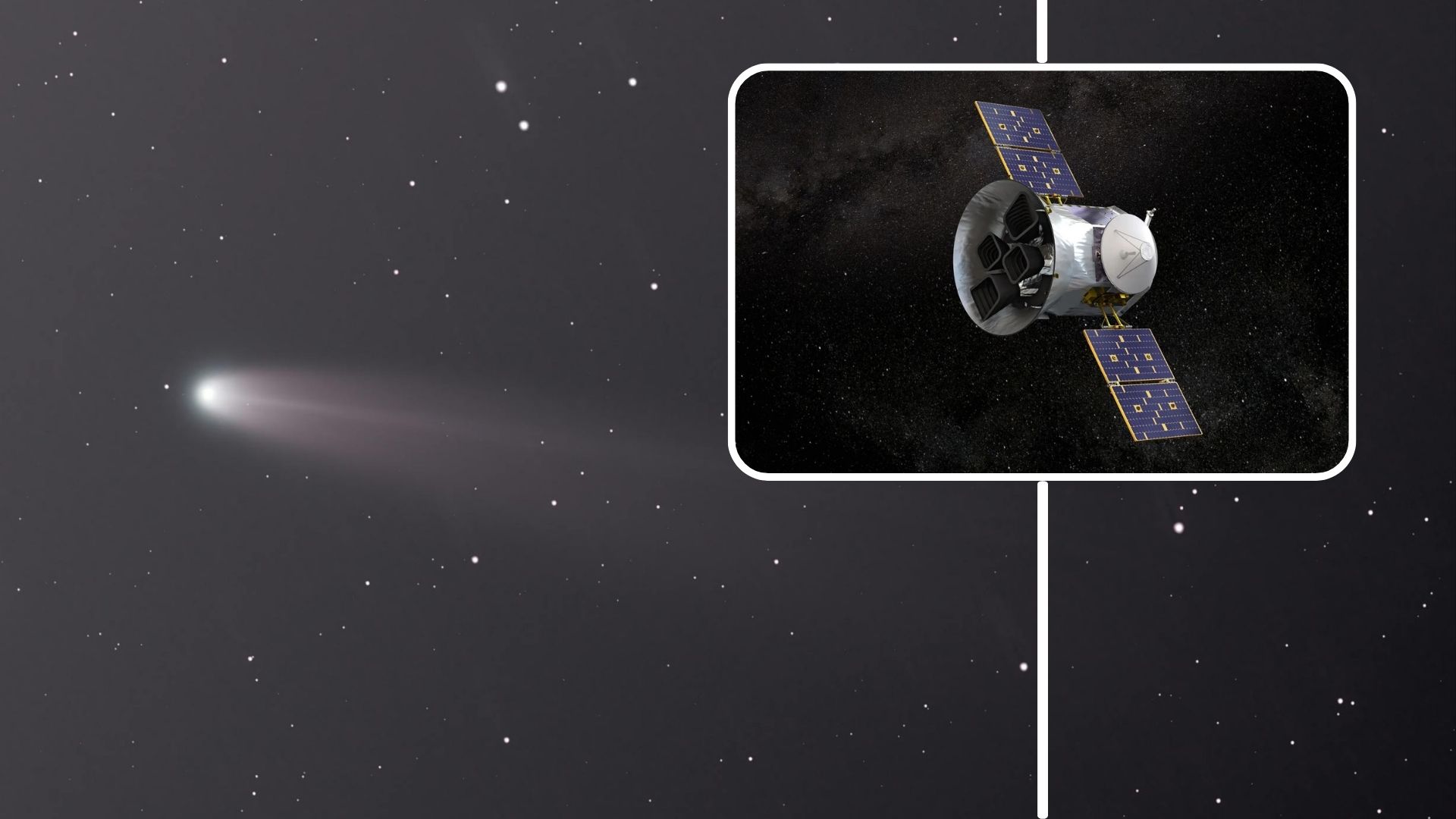Senate Passes Commercial Space Bill

WASHINGTON — The Senate approved legislation Dec. 20 to reform commercial space regulationsand extend the life of the International Space Station, but the passage may be too late for this bill to become law.
The Senate approved by unanimous consent the Space Frontier Act, S. 3277, a bill introduced in July by Sen. Ted Cruz (R-Texas) and co-sponsored by Sens. Bill Nelson (D-Fla.) and Ed Markey (D-Mass.) The Senate Commerce Committee had favorable reported the bill in August.
The bill approved by the full Senate includes several changes to the one that cleared the committee. Among its new provisions are sections calling for studies on the joint use of military facilities for commercial launches and on ways to improve the integration of launches and reentries into the national airspace system.
It also renames the Office of Space Commerce within the Commerce Department as the Bureau of Space Commerce to be led by an Assistant Secretary for Space Commerce, a change sought by the Commerce Department to elevate the importance of the office. The bill authorizes $10 million a year for the bureau for fiscal years 2020 through 2024.
While the bill is devoted primarily to reforms of commercial launch and remote sensing regulations, it also extends authorization to operate the ISS from 2024 to 2030. Cruz and Nelson included that extension after expressing opposition to the administration's plan in its fiscal year 2019 budget request to end direct funding of the ISS in 2025.
The version passed by the Senate does include a new section authorizing NASA to start a low Earth orbit commercialization program "to encourage the fullest commercial use and development of space by the private sector of the United States." NASA sought to start such a program in its 2019 budget request that could lead to installation of commercial modules on the ISS and, later, commercial space stations.
"The Space Frontier Act takes the critical step of continuing the operations and utilization of the International Space Station through 2030, ensures that the United States won't cede low Earth orbit to China, and enacts meaningful reforms to modernize our nation's launch and re-entry regulations, and streamlines nongovernmental Earth observation regulations," said Cruz in a statement about the passage of the bill.
Breaking space news, the latest updates on rocket launches, skywatching events and more!
"Reforms in this bill will help commercial space companies get to two launches a day in Florida," said Nelson in the statement. "Extending the life of the International Space Station well into the next decade, as this bill does, will also ensure America remains a leader in space exploration."
Nelson, who lost reelection for a fourth term in the Senate last month, said in a floor speech last week that he and Cruz were continuing to work on an extension of the space station. "Senator Cruz and I are still trying in this Congress to get the date for extension of the International Space Station extended to the end of the decade," he said in a Dec. 10 speech that was his last in the Senate devoted to space.
However, time is running out in the 115th Congress to enact that bill. The House would have to take up the bill and pass it before the new Congress convenes Jan. 3, and it's not clear it will have the time to do so even if members support the bill. The Senate bill is not among the legislation the House plans to consider Dec. 21.
One industry group thinks the Space Frontier Act will set the groundwork for future commercial space legislation. "This bipartisan bill is a strong statement in support of America's growing commercial space industry," Eric Fanning, president and chief executive of the Aerospace Industries Association, said in a statement after the Senate approved the bill. "We look forward to working with members of Congress next year to get commercial space legislation passed and signed into law, ensuring American space presence and dominance into the future."
Congress did approve one space-related bill Dec. 20. The House passed on a 390–0 vote a bill to provide a one-year extension of NASA's existing authority to lease its facilities to companies, known as enhanced use leases. The bill, S. 7, was introduced in the Senate last month by Sen. Roger Wicker (R-Miss.) and passed the Senate by unanimous consent Dec. 6.
"NASA's enhanced use lease authority is a win-win for taxpayers and the private sector by letting commercial companies leverage NASA investment," Rep. Lamar Smith (R-Texas), the retiring chairman of the House Science Committee, said in a statement. The bill "will allow NASA to continue to implement this key authority while Congress works out a long-term solution on NASA's use of excess property."
This story was provided by SpaceNews, dedicated to covering all aspects of the space industry.

Jeff Foust is a Senior Staff Writer at SpaceNews, a space industry news magazine and website, where he writes about space policy, commercial spaceflight and other aerospace industry topics. Jeff has a Ph.D. in planetary sciences from the Massachusetts Institute of Technology and earned a bachelor's degree in geophysics and planetary science from the California Institute of Technology. You can see Jeff's latest projects by following him on Twitter.

